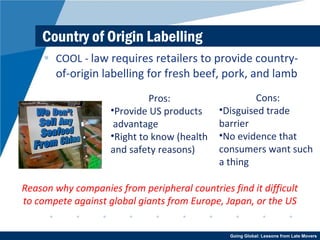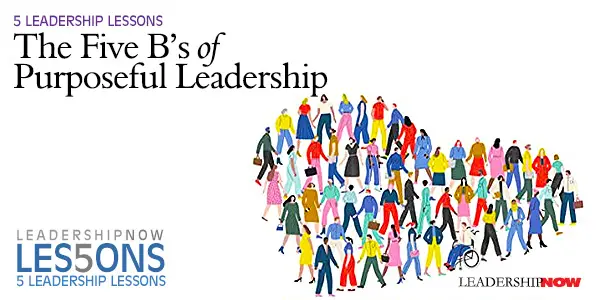Going global is a strategic decision that companies make to expand their operations beyond their domestic markets. Late movers, on the other hand, are companies that enter international markets at a later stage, after their competitors have already established a presence there. Late movers face a number of challenges, such as higher entry costs, intense competition, and the need to catch up with early movers in terms of market knowledge and resources. However, late movers also have the opportunity to learn from the experiences and mistakes of early movers and to enter international markets with a well-defined strategy and a clear understanding of the local market conditions.
One of the key lessons that late movers can learn from early movers is the importance of adapting to local market conditions. Early movers often face challenges in adapting to the local culture, business practices, and regulatory environment in foreign markets. Late movers can benefit from the experiences of early movers and tailor their products and services to meet the specific needs and preferences of local customers. This can involve customizing products and packaging, adapting marketing and sales strategies, and building strong relationships with local partners and distributors.
Another lesson that late movers can learn from early movers is the importance of having a strong global brand. Early movers often have a head start in building a strong global brand, which can give them a competitive advantage in attracting and retaining customers. Late movers can leverage the global brand of early movers to gain credibility and build trust with customers. This can involve partnering with early movers or using their global brand as a reference in marketing and sales efforts.
Late movers can also benefit from the lessons learned by early movers in terms of managing global supply chains. Global supply chains are complex and require careful planning and coordination to ensure timely and cost-effective delivery of products and services. Late movers can learn from the experiences of early movers in building and managing global supply chains, including identifying and managing risks, optimizing transportation and logistics, and building strong relationships with suppliers and logistics partners.
Finally, late movers can benefit from the lessons learned by early movers in terms of managing global operations and navigating geopolitical risks. Global operations involve managing a diverse and dispersed workforce, dealing with cultural differences, and navigating complex regulatory environments. Late movers can learn from the experiences of early movers in managing global operations and developing strategies to mitigate geopolitical risks, such as political instability, trade tensions, and currency fluctuations.
In summary, late movers can benefit from the lessons learned by early movers in going global by adapting to local market conditions, leveraging global brands, managing global supply chains, and navigating geopolitical risks. By learning from the experiences and mistakes of early movers, late movers can enter international markets with a well-defined strategy and a clear understanding of the local market conditions, which can increase their chances of success in the global marketplace.






